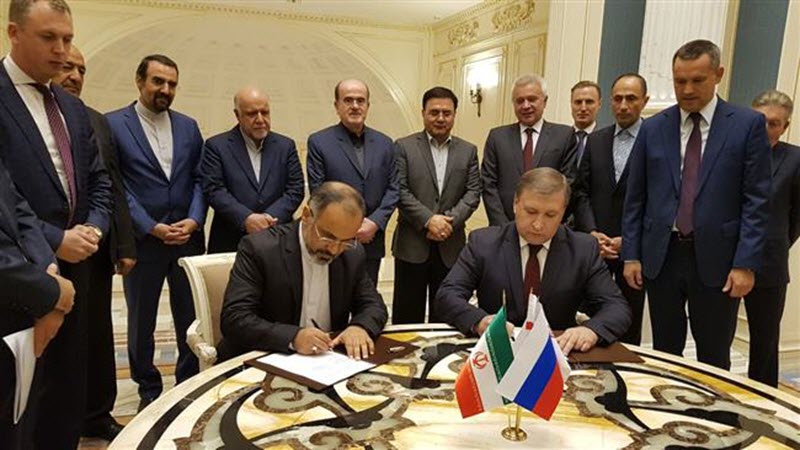
by Armin Baldwin
Spokesman of Islamic Republic’s foreign ministry, Bahram Qassemi, announced on December 15, that the legal status of the Caspian Sea issue has not been resolved, contrary to claims that an agreement on the legal status of the Caspian Sea is “practically ready” by Russian Foreign Minister Sergei Lavrov. Qassemi said further, that reaching an agreement was not even on the agenda of littoral states’ meeting held in Moscow on December 4-5.
On December 4 – 5, Lavrov met in Moscow with the foreign ministers of Azerbaijan, Iran, Kazakhstan, and Turkmenistan on December 4-5. Sergei Lavrov told reporters after the meeting, “I am pleased to tell you that we have found solutions to all outstanding key issues linked with this document. The text of the convention is practically ready.”
An agreement between Russia and the other former Soviet states will give Iran a tiny part of the inland sea. However, the issue of maritime borders and access to Caspian’s vast fossil fuel deposits is a thorny issue for Iran, and Lavrov’s comments sparked angry reactions in Tehran.
Ebrahim Rahimpour, Iran’s deputy foreign minister for Asia, Pacific and Commonwealth affairs, rejected Lavrov’s claims, “Suggesting that Iran’s share in Caspian Sea has been finalized is a false and unfounded remark, misleading public opinion.”
As well, Qassemi claimed that ministers’ discussions on the Legal Status of Caspian Sea Convention were limited to generalities and principles. He reiterated that discussing demarcation and delimitation of Caspian Sea will take years to be finalized and that no document had been signed at the Moscow summit. He said, “Eventually, effort will be made to implement the Convention of the Caspian Sea Legal Regime after the final text is signed at a forthcoming meeting of the Presidents of the five Caspian Sea countries, the date of which will be agreed on later.”
The littoral states of Caspian Sea, Azerbaijan, Iran, Kazakhstan, Russia and Turkmenistan have discussed the legal status of the world’s largest lake since the Soviet Union’s downfall in 1991. Russia and Azerbaijan and Kazakhstan divided the seabed according to the Russian proposed formula of the Modified Median Line. But using this formula leaves Iran with less than 13 percent of the Caspian Sea, says Bahman Aghaei Diba, an expert in international law of the sea.
Back in 1991, Iran expected to receive a 50% share of Caspian Sea, based on an old agreement with Moscow, which said that the sea would be equally divided between Iran, on one side, and the newly created republics of Azerbaijan, Kazakhstan, Russia and Turkmenistan on the other. Apparently, Iran recently reduced its demand to 20%. Still, the other littoral states are not prepared to give away more than 12% share of the sea to Tehran.
In 2012, the US Energy Information Administration (EIA) estimated that there are 48 billion barrels of oil and 292 trillion cubic feet of natural gas in proved and probable reserves within the basins that make up the Caspian Sea and surrounding area. Additionally, the U.S. Geological Survey (USGS) estimates another 20 billion barrels of oil and 243 Tcf of natural gas are as yet undiscovered. Most of the offshore oil reserves are in the northern part of the Caspian Sea, while most of the offshore natural gas reserves are in the southern part of the Caspian Sea.
According to EIA estimates, the Caspian Sea region produced an average of 2.6 million barrels per day of crude oil and lease condensate in 2012 — around 3.4% of the total world supply, and Kazakhstan’s onshore oil fields are the largest contributor to the region’s production.







